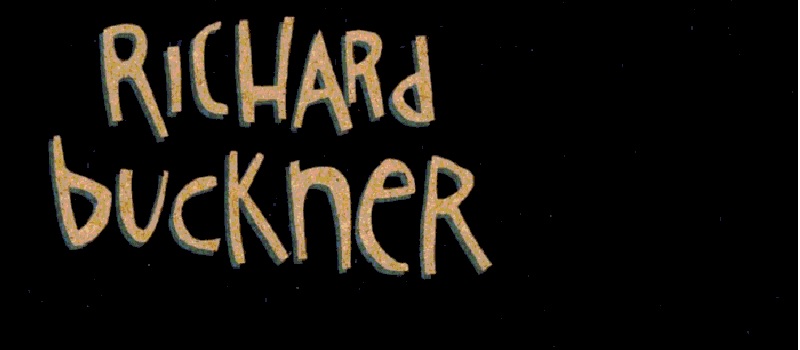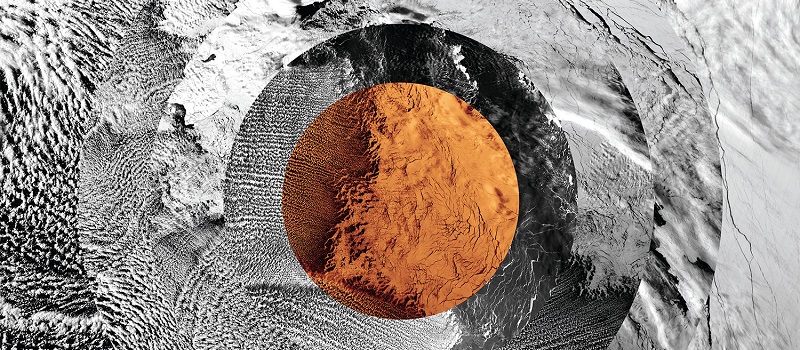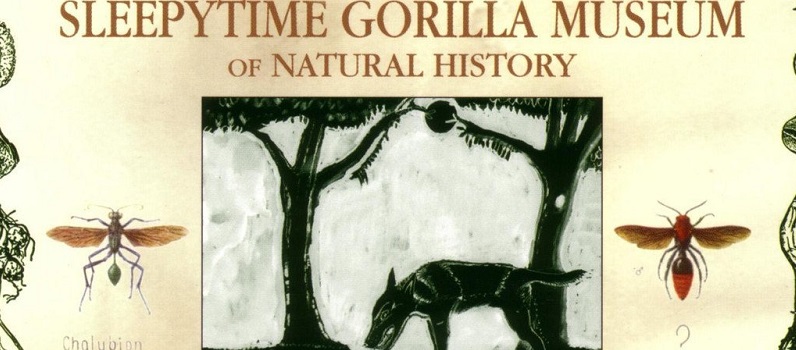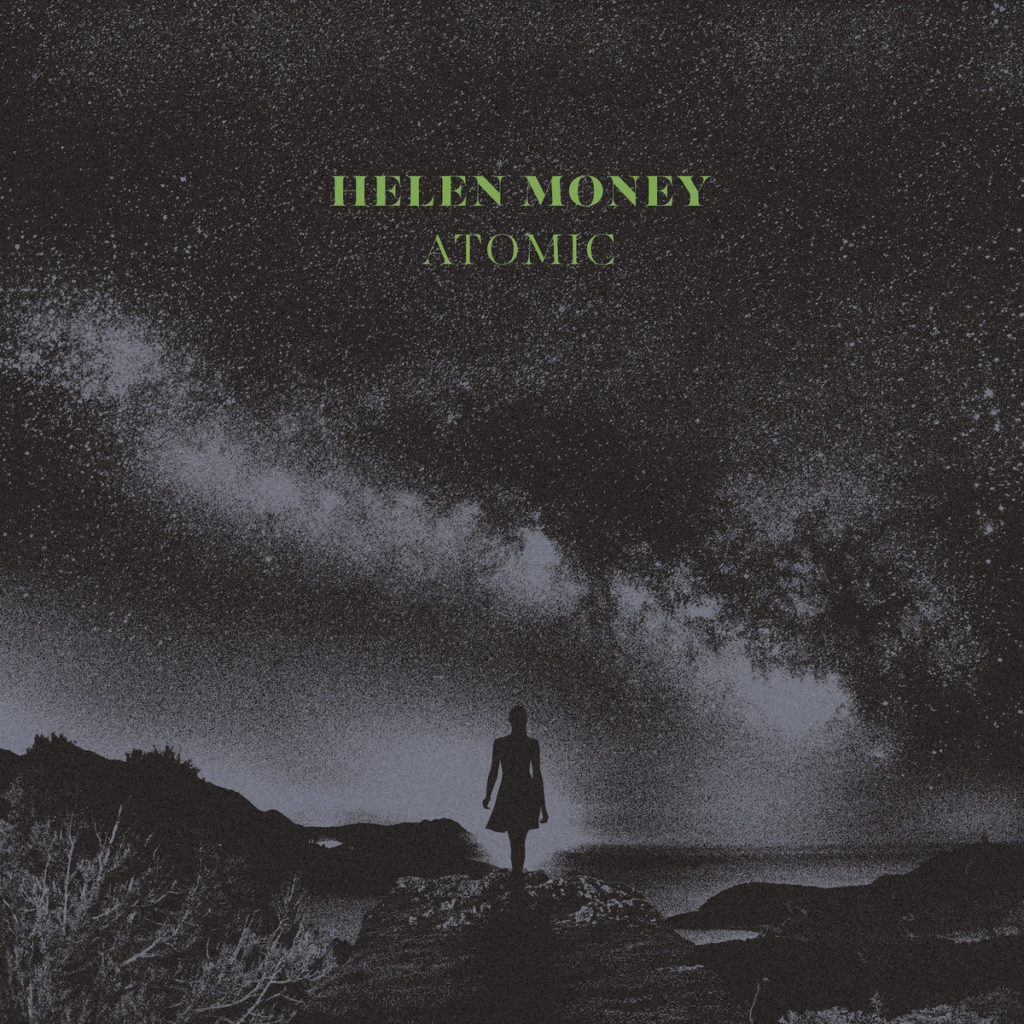Edgar Lee Masters’ Spoon River Anthology turned 100 a few days ago, and Merge Records marked the occasion by re-releasing the oft-overlooked indie-folk gem it inspired, Richard Buckner’s majestic homage, 2000’s The Hill, which puts more than a baker’s dozen of Masters’ pen-and-ink story-biographies to song.
There are plenty of ways to get to Buckner’s Hill. And plenty of ways to dig your hands into the soil of it all. But, plain and simple, this Buckner record, in particular out of his lofty canon, is not a hill but a mountain, a singular accomplishment among many.
Backed occasionally lushly but more often sparsely by Calexico core Joey Burns and John Convertino, Buckner strikes a semblance of quiet desperation as he breathes life into 18 of Masters’ pseudo-obituaries/confessions, making them more like living, breathing rough drafts then final nails in coffin lids. It’s exciting, even enthralling stuff to hear.
Buckner has his hook in you from square one; and he knows it. The work-song spiritual “Ollie McGee” is downright devastating. Two songs later, “Julia Miller” will knock you over with a feather. No dull moments here.
Some songs don’t even need to go anywhere. “The Hill” says a lot without saying anything, as does album-opener “Mrs. Merritt.” And only Buckner could get away with writing an acoustic bridge as beautific and heart-wrenching as “Fletcher McGee” and only let it run for thirty-nine seconds before simply giving over to the next track. Sometimes, a life lived only goes so far, it might be said. Buckner pulls a similar feat of melancholy asides on “Dora Williams” (running time :37) and “Emily Sparks,” which just plain aches beyond its walls, despite it only running forty nine seconds.
Elsewhere, Buckner employs other narrative tricks. Throughout the records, he cuts rapidly from track to track, almost jump-cutting New Wave film-style, as it driven or compelled by spirits to tell each passing tale. Short of cutting off each person’s tale prematurely, I can’t think of any other way he could make the transitions any tighter. It makes for a very fluid, even unnaturally claustrophobic narration, as if there’s a kind of unspoken continuity, a thread between people that’s something, dare I say, like compression or community.
Enough philosophizing, though.
The record has enough staple tracks to hold it together, from the dirge-folk march of “Tom Merritt” and “Johnnie Sayre” to the loose-string desperado blues of “Elmer Karr” and “A.D. Blood” to the tender acoustics of “Oscar Hummel,” “William + Emily,” and “Elizabeth Childers,” to the more experimental leanings of tracks like “Mellie Clark.” It’s all there. It’s great, impassioned material, right up there with Buckner’s finest, whether you’re a spinner of Devotion + Doubt or Since or even the newer stuff.
It’s clear Buckner is driven by the source material, which has him grappling with issues of American identity, bygone literary and poetic frontiers, love and death on the plains, and the concept of the Lost West – all themes with which he’s flirted at times. Masters beat him to it and laid the groundwork. Buckner put the structure to the song.
Of particular note, also, is that the re-release, unlike the 2000 CD recording, is not a one-track affair, with all 18 songs mashed into long data file. Hallelujah! This makes skipping through the material and skimming through the pages of Masters to follow along much, much easier. It’s also a more enjoyable, more immersive experience in more ways than one. Kudos to both Buckner and Merge on this front. I don’t know if we’ll have occasion to revisit this one again – outtakes from The Ranch Olancha?! – but I, for one, am all ears. – Popdose, July 15, 2015
-30-




